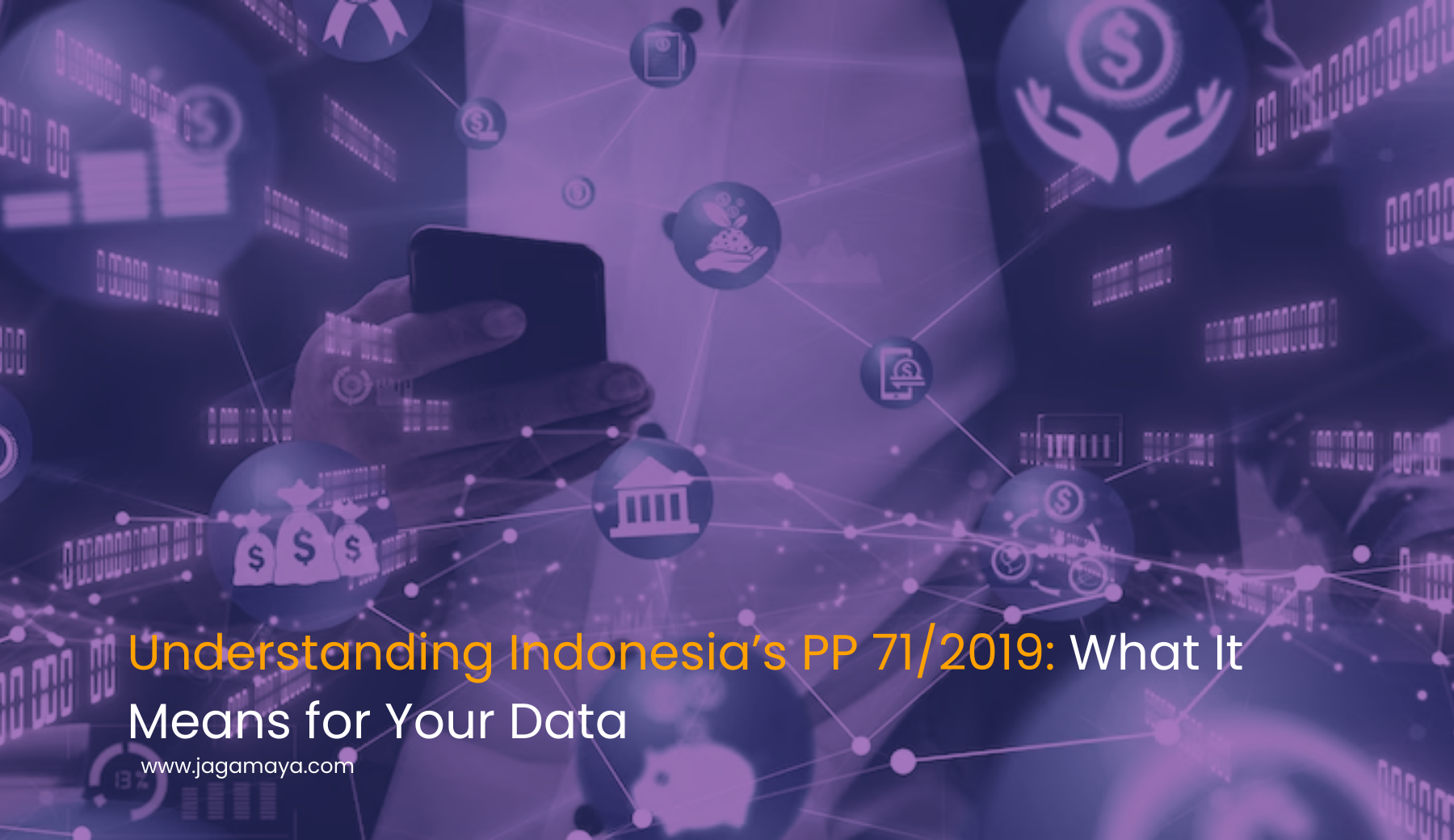In a world where data is the new oil, governments across the globe are racing to regulate how data is collected, stored, and protected. For businesses and digital service providers operating in Indonesia, one key piece of regulation stands out: PP 71/2019. Formally titled Government Regulation No. 71 of 2019 on the Implementation of Electronic Systems and Transactions, this regulation is central to how data privacy and electronic operations are governed in the country.
What is PP 71/2019?
PP 71/2019 is Indonesia’s updated framework governing electronic systems and transactions. It replaces the older PP 82/2012 and brings the regulation up to speed with the rapid growth in digital economy activities. Its objective is to ensure that Indonesia’s digital infrastructure supports innovation, while also securing the privacy and sovereignty of its citizens’ data.
The regulation outlines responsibilities for Electronic System Operators (ESOs), which include both domestic and foreign entities that offer services within Indonesia. This applies to platforms ranging from cloud providers to e-commerce, fintech, and social media.
Key Provisions
1. Data Localization Requirements
One of the most talked-about aspects of PP 71/2019 is its nuanced approach to data localization. Unlike PP 82/2012, which required all data to be stored domestically, PP 71/2019 introduces flexibility:
- Public ESOs (those providing services to government institutions) must store and process their data within Indonesian territory.
- Private ESOs may store data abroad, provided they ensure data protection, accessibility for supervision, and cooperation with Indonesian authorities in case of incidents.
This change opens doors for multinational companies to operate more freely, but still obligates them to meet rigorous compliance standards.
2. Registration and Certification
ESOs must register their systems with the Ministry of Communication and Informatics (Kominfo). This ensures traceability, facilitates oversight, and builds trust in digital services.
In addition, government-facing systems must obtain electronic system certification that proves compliance with national standards on system reliability, data protection, and cybersecurity.
3. Data Protection and Incident Response
Operators are required to ensure the confidentiality, integrity, and availability of personal data. They must:
- Implement technical and organizational safeguards.
- Notify authorities and affected users within 72 hours of a data breach.
- Cooperate with government efforts to manage cybersecurity threats.
This aligns Indonesia with global data protection norms, like the GDPR, in emphasizing prompt breach notification and risk management.
What This Means for Businesses
a. Due Diligence Is Non-Negotiable
Organizations must review their data governance policies, audit their IT infrastructure, and ensure full compliance with Indonesian standards. For foreign ESOs, partnering with local entities or maintaining an Indonesian office can streamline compliance.
b. Risk of Sanctions
Non-compliance can lead to administrative sanctions, including system access blocking, fines, or criminal charges in severe cases. Staying informed and proactive is essential.
c. Strategic Advantage for Local Providers
With increased scrutiny on foreign data flows, Indonesian companies offering localized cloud, cybersecurity, or SaaS services gain a competitive edge. These providers can offer peace of mind to clients needing compliant and sovereign infrastructure.
Looking Ahead
As Indonesia accelerates its #IndonesiaDigital2045 vision, PP 71/2019 serves as a cornerstone for digital trust and national resilience. Businesses that understand and embrace its mandates will be better positioned to serve the market securely and sustainably.
At Jagamaya, we help enterprises and public institutions comply with local regulations like PP 71/2019 through robust cybersecurity, secure hosting, and continuous monitoring solutions.
Need help ensuring compliance? Contact us to learn how our local-first solutions can secure your data in alignment with Indonesian law.


Leave a Reply